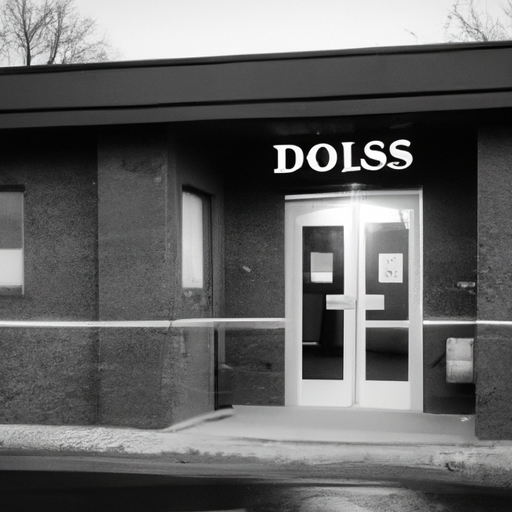Examining the Roles of Primary Care Clinics and Pharmacies in Combating the Canadian Opioid Crisis
In recent years, the opioid crisis has become an escalating health problem throughout Canada. This public health crisis has resulted in increased numbers of opioid-related deaths and numerous instances of opioid abuse. In a recent article published by CBC News, Hopkins, Tattrie, and Woodford shed light on the role of primary care clinics and pharmacists in Nova Scotia in combating the current opioid crisis.
The Opioid Crisis in Canada: A Quick Overview
The opioid crisis refers to the increasing number of drug-related overdoses and deaths associated with the misuse and addiction to opioids. In Canada, the crisis has been particularly severe, with some provinces such as British Columbia declaring it a public health emergency.
A few effects of the opioid crisis in Canada include:
- Increased levels of crime – often driven by the need to finance drug use
- Higher rates of homelessness – due to loss of material resources, job instability, and family relationships strained by addiction
- Rising healthcare costs – relating to the administration of naloxone, an overdose-reversing drug, and ongoing treatment for opioid addicts
- Growing strain on the current healthcare infrastructure – hospitals, clinics, and resources
The Potential of Primary Care Clinics
The article reports that, given their accessibility and the relationships they establish with patients, primary care clinics are in a prime position to assist in treating opioid addiction. By properly screening, diagnosing, and offering treatment options, these clinics can help curb the fatal effects of the opioid crisis. St. Paul’s Hospital in Vancouver, for example, offers an opioid agonist treatment that has seen success in treating opioid addiction.
Mobilizing Pharmacies
Interestingly, the CBC article also points to pharmacies as potential key players in combating the opioid crisis. With nearly 90% of Canadians living within close proximity of a pharmacy, the accessibility and daily interaction pharmacists have with customers offer a unique advantage. By extending naloxone distribution, counseling services, and medication disposal options to pharmacies, we could better help individuals affected to manage their addictions safely.
Bringing It All Together: A Collaborative Approach
The fight against the opioid crisis will require the combined efforts of both primary care clinics and pharmacies. The article suggests using a ‘hub and spoke’ model, where specialized addiction clinics (‘hubs’) offer initial intensive care. Following this, primary care clinics and pharmacies (‘spokes’) provide long-term care and monitoring.
The Challenges Ahead
Despite the potential that primary care clinics and pharmacies hold, substantial obstacles remain. The stigma surrounding addiction often makes it difficult for individuals to seek help. Meanwhile, healthcare professionals often lack the necessary training or resources to effectively combat the crisis. Additionally, the lack of coordination and communication between healthcare institutions can also impede the efficient provision of care.
A Call to Arms
As the opioid crisis continues to escalate, there is an urgent need for strategic cooperation and comprehensive action. As emphasized in the CBC article, healthcare professionals must have adequate and appropriate training and resources to approach patients with compassion and understanding. Simultaneously, healthcare institutions must improve communication and coordination to ensure the seamless transitioning of patients between different stages of care.
The Takeaways
In conclusion, the opioid crisis in Canada is a complex issue requiring a collective response involving both primary care clinics and pharmacies. Key takeaways from the CBC report include:
- The central roles primary care clinics and pharmacies could play in managing and treating opioid addiction due to their accessibility and relationships with patients.
- The need for improved resources and training for healthcare professionals tackling the opioid crisis.
- The importance of coordinating care and improving communication among healthcare institutions.
- The urgent requirement for comprehensive action and strategic cooperation among stakeholders within healthcare to combat the opioid crisis.
In light of the integration between primary care clinics and pharmacies, we could better protect our communities from the disastrous effects of opioids. As healthcare leaders and citizens, we must commit to advancing our understanding, refining our models of care, and seeking collaborative solutions to this ongoing crisis.
